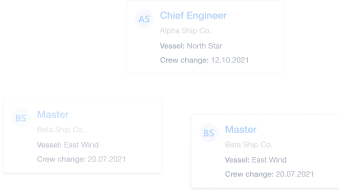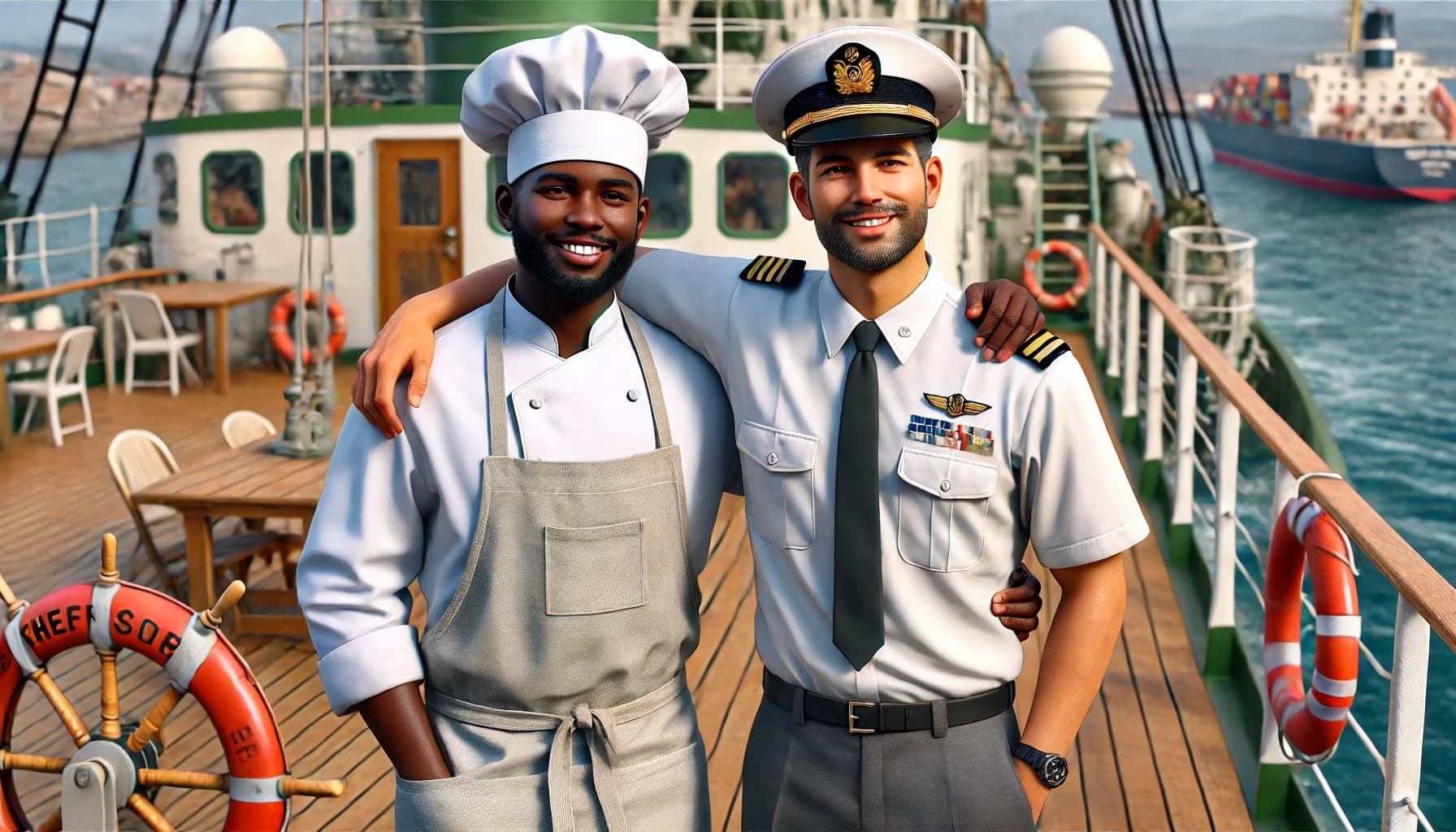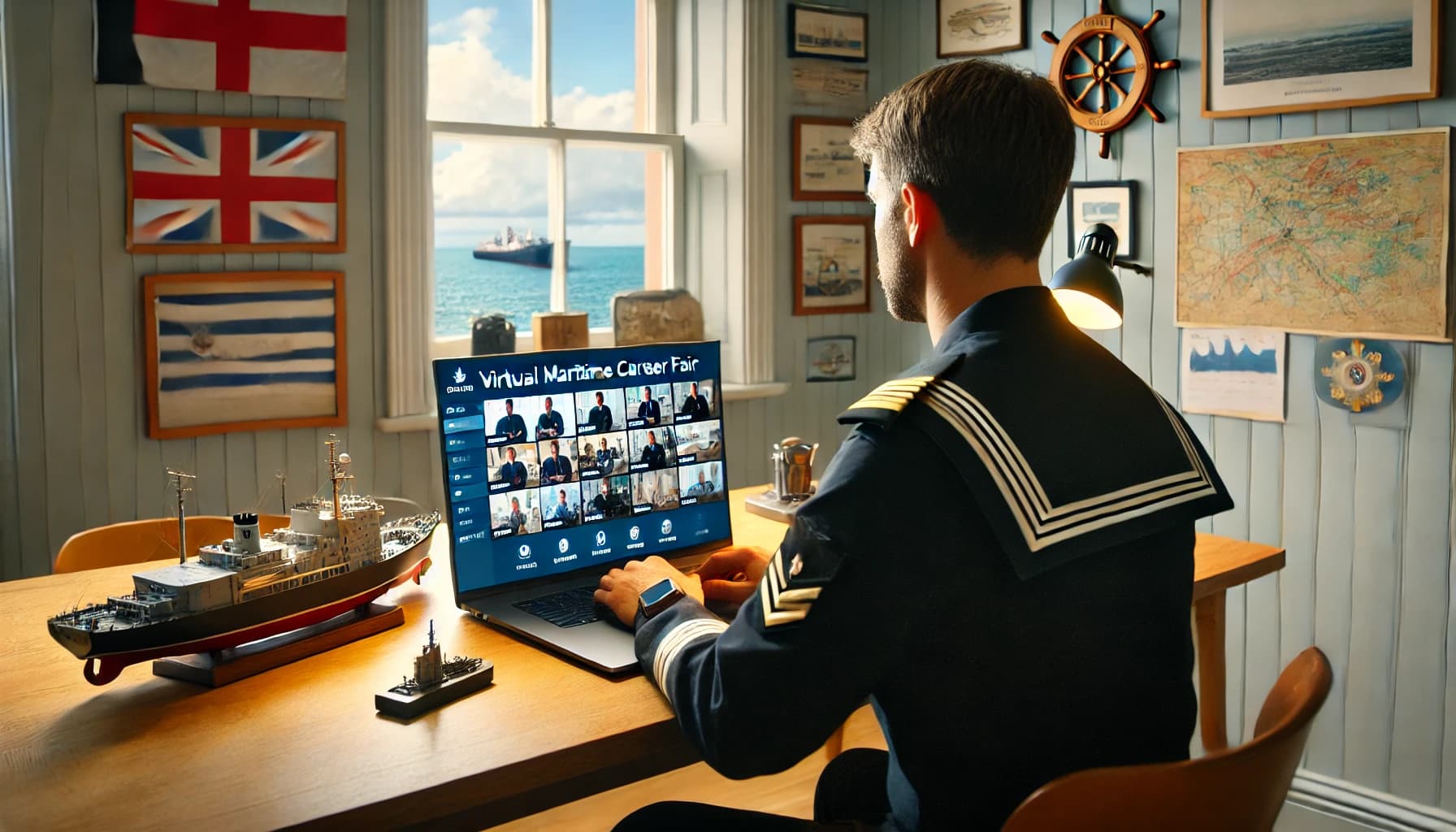Can I Work in a Seafarer Job if I'm Color Blind?
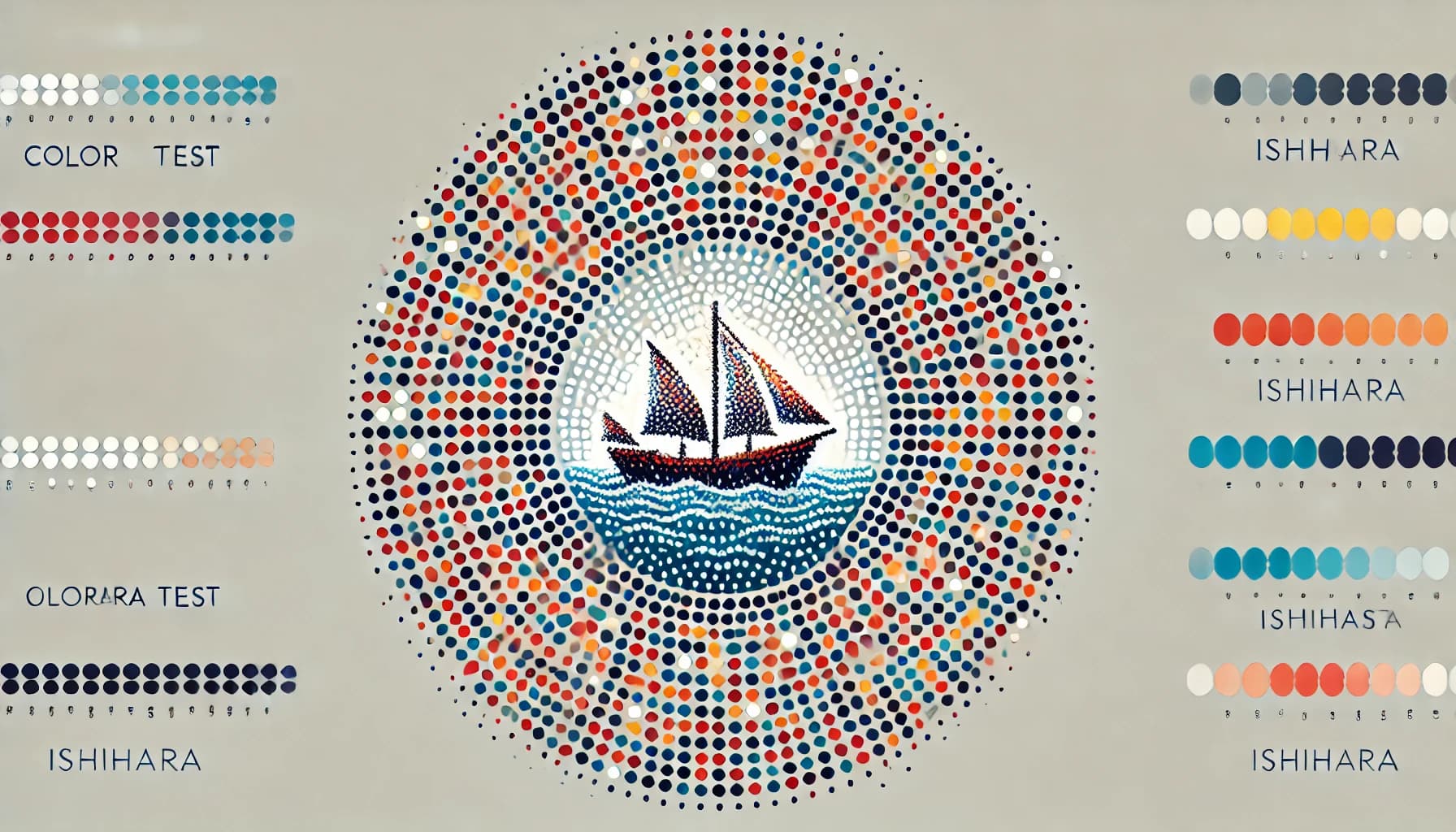
If you are interested in working as a seafarer and a maritime career sounds like something you’d like to pursue, there are a number of physical attributes that you need to possess. It probably goes without saying that having good eyesight is a must to be able to work at sea, but did you know that seafarers must also pass a color blindness test?
Being able to distinguish different colors is actually a lot more important than you might think. So let’s take a closer look at why mariners need to be able to tell their reds from their browns and their greens from their blues.
Does being color blind mean I can't apply for seafarer jobs?
Working on a container or cargo ship can be tough. Long days, physical work, inclement weather, and rough seas can all take their toll. The work on a ship is not for the faint of heart. But it is for anyone who is looking for a career with a difference and who wants to learn skills that will set them up for life. All whilst seeing the world and making some amazing friendships.
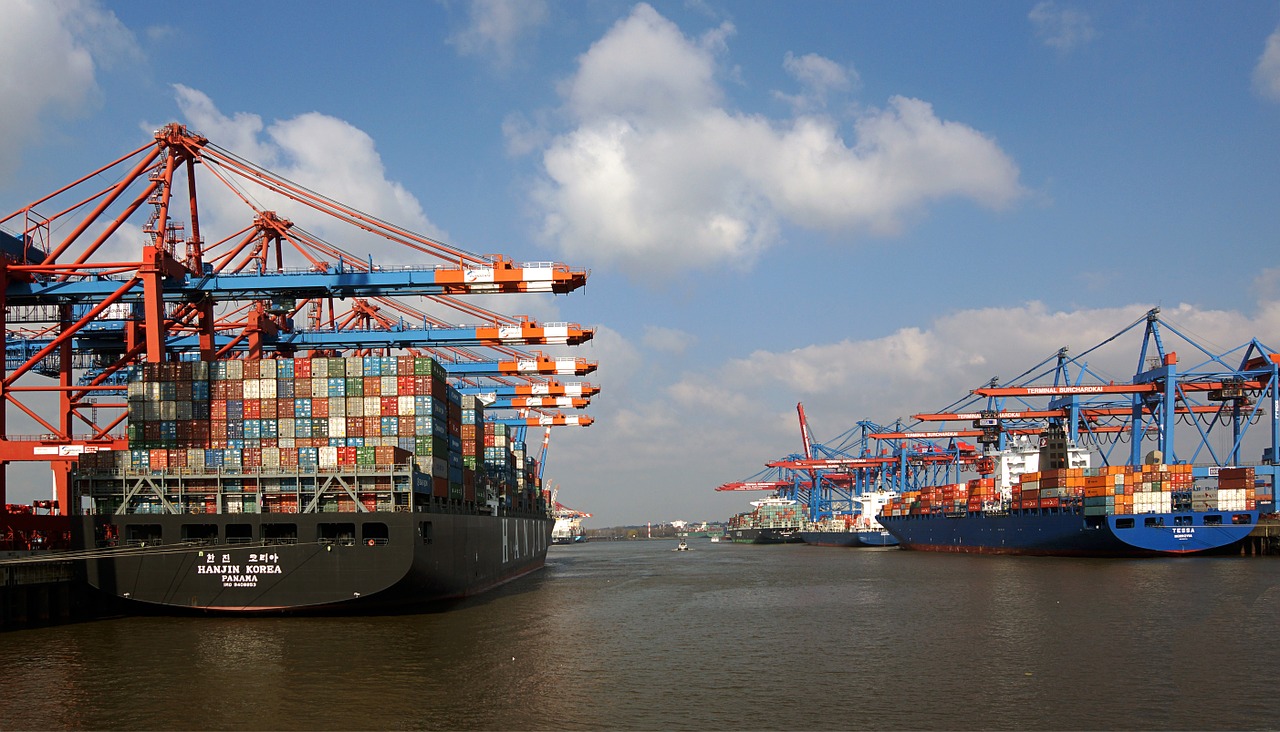
For the reasons listed above, seafarers need to be physically fit, as well as mentally. You’ll need to be able to carry out your duties even when the ship is rolling in heavy seas, and you’ll also need to be able to cope without seeing your family or friends for months at a time.
But where does being able to see colors come into all of this?
Why do seafarers need to be able to tell colors apart?
Working on any kind of merchant ship or tanker includes a number of tasks involving signals, symbols, maps and markers. These are essential for navigation.
But what if your duties and responsibilities on a ship don’t include navigation?
Well, if you work in the engine room you will soon learn that everything has a color associated with it and all aspects of the engine and other mechanics and equipment are signified by color. For example, electrical wiring, pipeline markings, and even the color of lubricants.
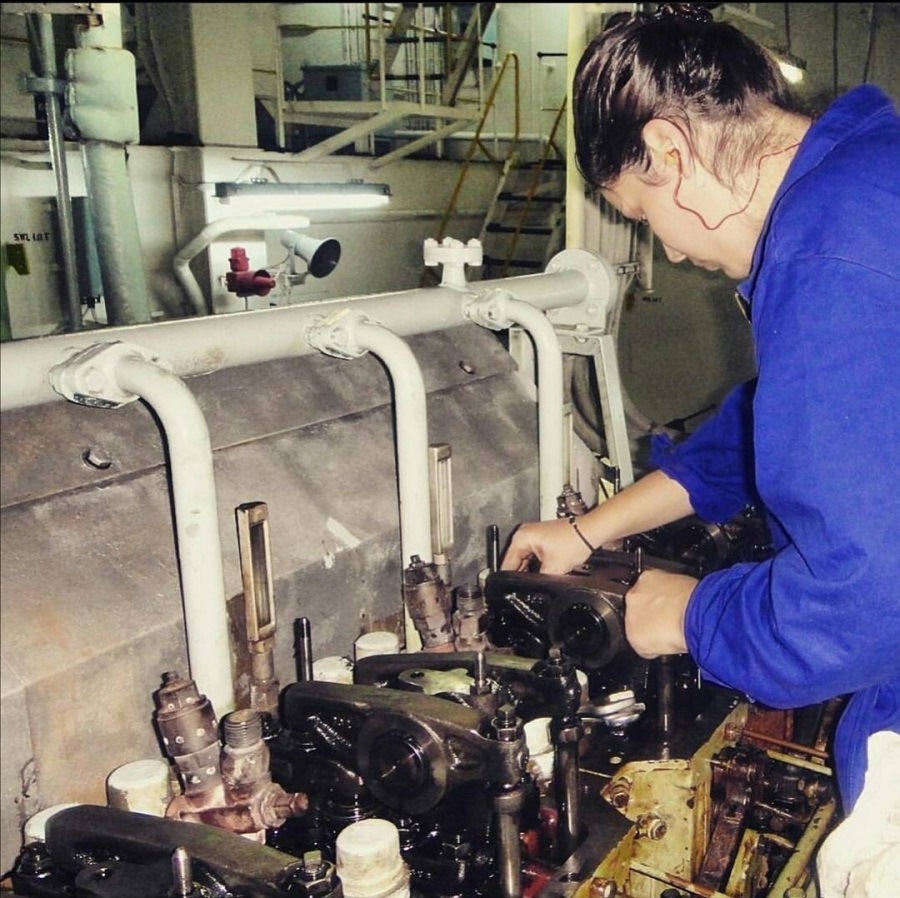
This is the reason why, unfortunately, if you are color blind, a job on a ship is not for you. Sadly, accidents at sea can and do happen. Sometimes these occur due to circumstances beyond the crew’s control, sometimes they are due to human error, and sometimes they are because a seaman or seawoman is not fit for duty.
This could be because of something such as a defect in eyesight and it could lead to disastrous consequences. If a color blind person cannot tell two different signals, warning lights, sea markers or electrical wires apart, put simply, they cannot effectively carry out their job.
And whilst most people who are color blind are so from birth, it is actually possible to develop color blindness later in life. This is just one reason why medical checks are such an important part of the maritime recruitment process.
What is color blindness?
Color blindness is not a matter of black or white, to use a phrase. It is an umbrella term that covers a wide range of color vision related issues.

There are two main types of color blindness: dichromacy and monochromacy.
Monochromacy is a variety of color blindness in which the individual can’t distinguish between any colors. Dichromacy is a type of color blindness in which the individual can distinguish between most colors but there are two or three that look identical to one another.
- Some people are completely color blind and can’t recognise any colors
- Some people can only recognise a few colors
- Some people can’t tell the difference between just two or three colors
How are seafarers tested for color blindness?
There are a number of different color blindness tests, one of the most well known of which is the Ishihara color blindness test which determines how well an individual’s eyesight functions.
The test is extremely reliable test and is in fact mandated by many governments who state that seafarers must have their vision color tested so that it is under no doubt that they can undertake their duties safely.
What is the Ishihara color blindness test?
The Ishihara color blindness test was developed by a Japanese doctor and professor at the University of Tokyo, Dr. Shinobu Ishihara in 1917. Since then, the test has become a prerequisite in the maritime industry.
The test allows the examiner to determine whether or not a person can distinguish between various colors.
How does the Ishihara color blindness test work?
If someone wants to apply for a job on a container ship or other merchant navy vessel, the Ishihara test is used to see if the individual can recognise and tell the difference between yellow, green, and red.
The test uses colored plates with numbers on them. However, the numbers are fairly difficult to comprehend - depending on one’s vision and ability to tell colors apart.
The plate is covered entirely in coloured dots, with the number on the plate being of a different color to the dots that surround it. The individual will be declared color blind if they are unable to detect any color difference between the background colors and the numbers - i.e. if they cant read the number.
For example, the dots that make up the background may be yellow and green while the dots that make up the numbers could be red or brown.
Most examiners use around 24 of the plates to definitively confirm whether someone has a form of color blindness. The number of plates used can determine the level of color blindness.
Can I work in a job on a ship if I am color blind? Conclusion
Sadly, the answer is no. Color blindness is not something that can be overlooked when you’re applying for seafarer jobs. There are plenty of other jobs in the shipping industry that you could consider however.
For example, why not take a look at some shore-based maritime jobs or at jobs in ports? We're sure there's still a great career in shipping ahead of you, even if it isn't working on a ship.

Eve Church
Eve is Martide's content writer, publishing regular posts on everything from our maritime recruitment and crew planning software to life at sea. Eve has been writing professionally for more than two decades, crafting everything from SEO-focused blog posts and website landing pages to magazine articles and corporate whitepapers.
UK
